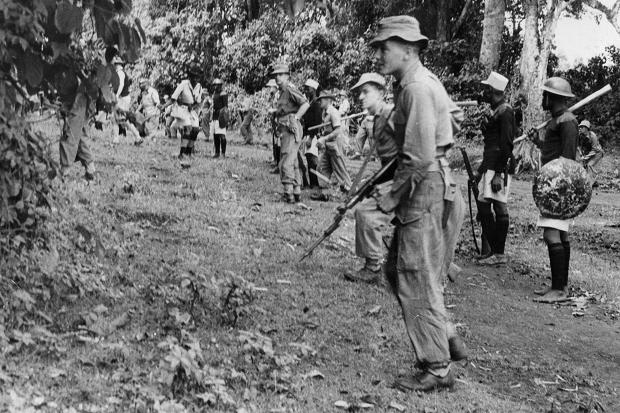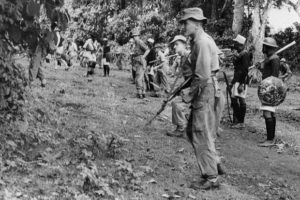
The political and economic landscape of modern Africa is largely a reflection of the taints and hallmarks of colonialism and the Cold War. In chronological terms, the line between both is very thin. But the combined impact of the Cold War and colonialism is so great that Africa’s greatest development challenge revolves around undoing this harm.
The point of convergence between colonialism and the Cold war was neo-colonialism. It involved new techniques, new faces and new promises to Africa which was presumed “independent.” Neo-colonialism created new dimensions in the exploitation of Africa, this time with the complicity of a class of Africans, remote-controlled by outside powers. It is this class which psychiatrist and revolutionary Frantz Fanon describes as “the travelling salesmen of colonialism.”
As far as Africa is concerned, the Cold war resembled colonialism in many ways. Africa was the target and theatre of both. Africans were victims of both and paid a high price in life and limb. Africans had a say in neither. Both left indelible scars on the continent in the form of economic and political ruin. Above all, colonialism and the Cold war share the same legacy in Africa – conflicts for which Africa presently accounts 88% globally, and many of which still rage in the continent today as seen in the Belgian Congo or present day Democratic Republic of Congo. The Congo serves as an excellent example in any analysis about the link between colonialism and the Cold war.
No sooner had the Congo tasted its early days of independence than the forces neo-colonialism transformed it into a Cold War theatre. It began with the elimination of Congolese nationalist Patrice by the CIA and Belgian secret service with the connivance of their handpicked agent Mobutu Sese Seko. Lumumba’s crime was that he harboured communist sentiments. The rest of the butchery which ran for 32 years was left in the hands of Mobutu who received regular supplies of arms and military advisers from the powers that he served.


